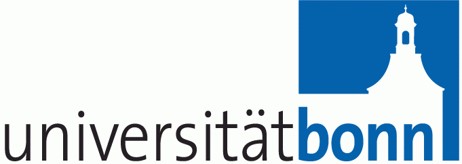
Rheinische Friedrich-Wilhelms-Universität Bonn – Medizinische Fakultät
Medizinische Klinik und Poliklinik I – Allgemeine Innere Medizin
Regulation of functional heterogeneity and plasticity of human tissue-bound ILC3
Distribution, function, and phenotype of human innate lymphoid cells (ILC) vary significantly between different organ systems, presumably reflecting tissue-specific functions of these cells. Group 3 ILCs represent the main population of ILCs in ileum, colon, liver, and tonsils and show remarkable functional heterogeneity, and plasticity. Inflammation and infection cause a significant change in the composition and function of the local ILC pool. At the same time, increasing tissue damage can often be detected, which underlines the importance of ILC for the maintenance of tissue homeostasis. Current data clearly indicate that signals mediated by the surrounding micro-environment (e.g. cytokines) play an important role in the establishment/maintenance, and modulation of the tissue-bound ILC3 population and its functional diversity. The cellular sources of these local factors remain to be identified, but are likely to include both stroma/parenchyma as well as other immuno-competent cells. Therefore, the aim of our project is to characterize the tissue cells involved in the modulation of the ILC pool, to uncover the relevant mechanisms and to investigate how these processes are altered in the context of infection and inflammation.